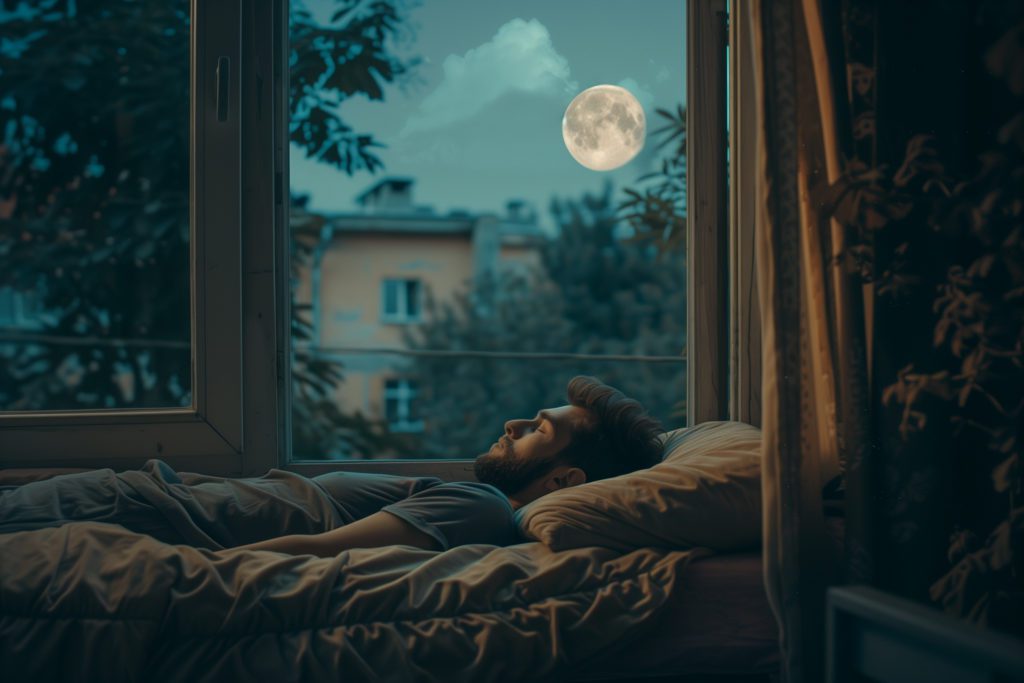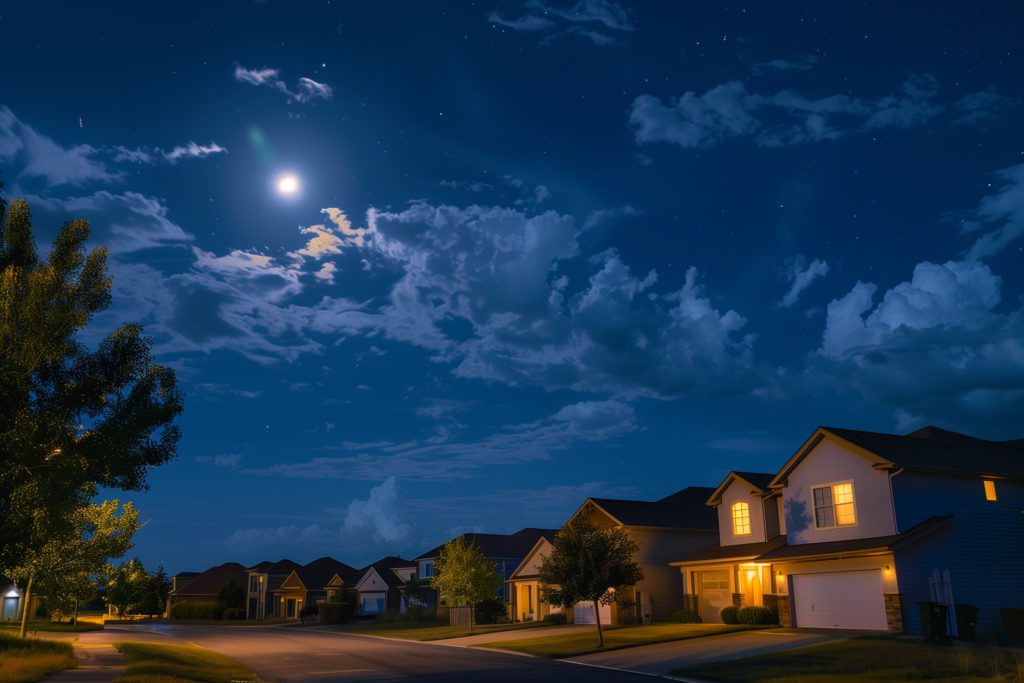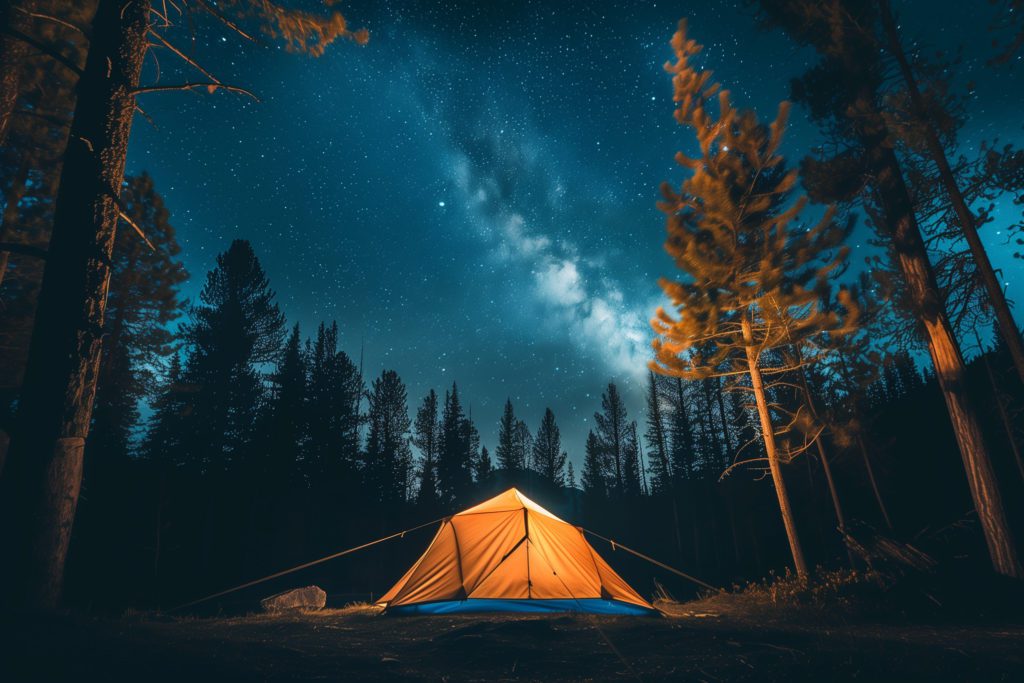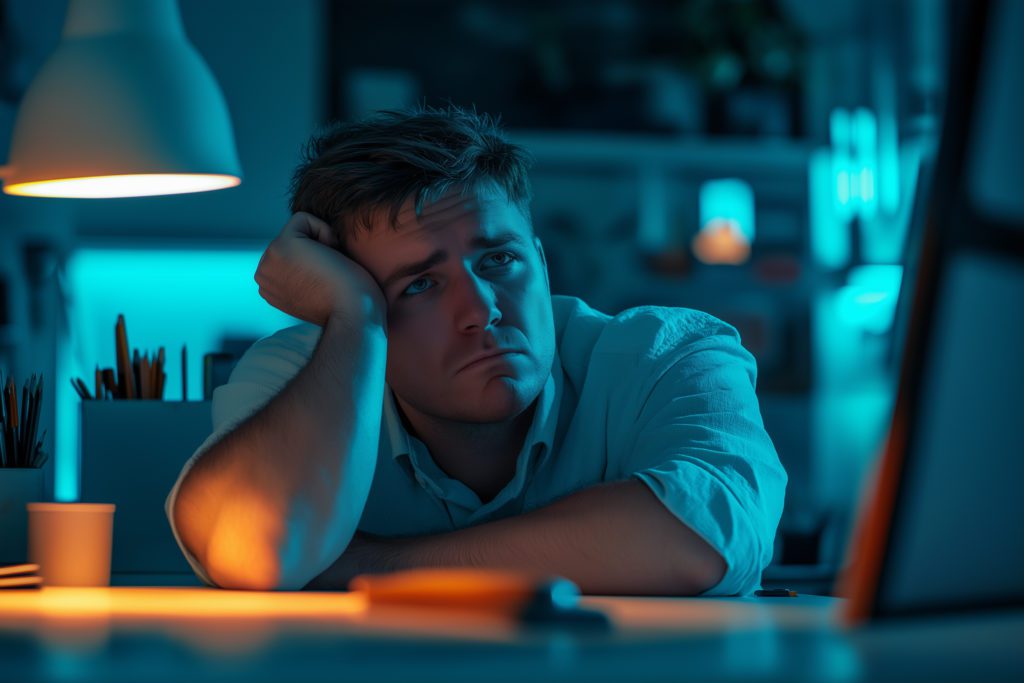
Introverts vs. Extroverts: Comparing Sleep Needs and Patterns
Here's what you need to know about introverts and extroverts sleep quality to get the best sleep based on your personality.
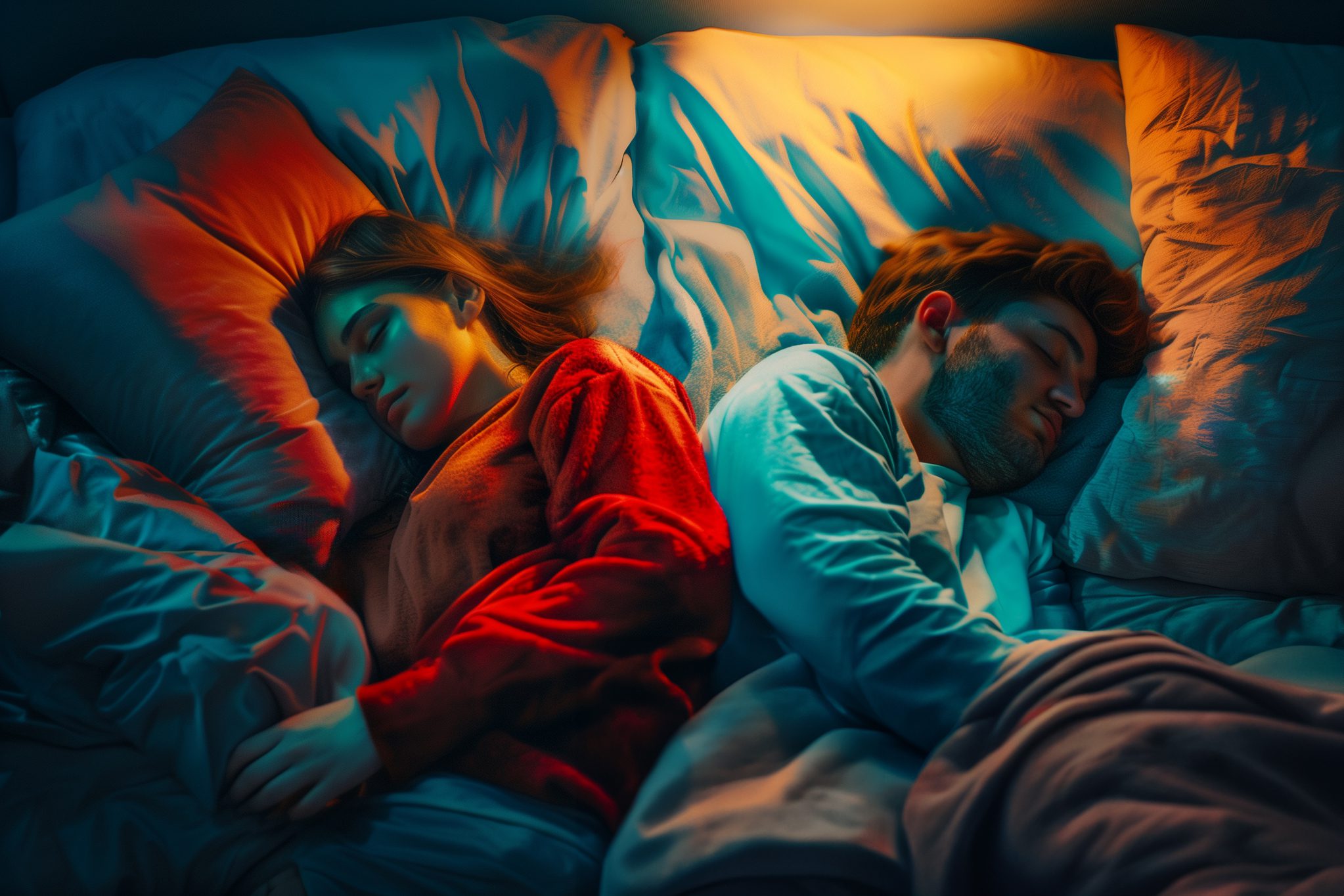
Can your personality affect your sleep cycle? While we often think about how personality impacts how we act in social situations, it turns out that whether you're an introvert or extrovert can also influence your one-on-one time with your pillow. In this article, we'll cover the main threats to introverts and extroverts sleep quality.
Introverts and Extroverts Sleep Quality May Not Be Equal
If you're an introvert who is left feeling drained unless you get a full night of restful sleep, there may be a scientific explanation. If you're an extrovert who feels consistently charged up during the day, science may also have an explanation. Researchers believe that introverts and extroverts experience differing levels of sleep quality.
One of the big dives into personality-based sleep habits was done by the Best Mattress Brand using the Myers-Briggs Test. According to the findings, extroverts are almost 18 percent more satisfied with their daytime energy levels compared to introverts. Extroverts also came out on top when it comes to self-reported sleep quality. Extroverted people reported being 6.5 percent more satisfied with their ability to stay asleep through the night compared to introverts. If you believe the outcome of this study, there's also some more bad news for introverts. Extroverts actually reported having nightmares 8.3 percent less frequently than introverts.
The types of unsettling dreams you have can also vary based on whether you lean toward being introverted or extroverted. Extroverts are experiencing recurring dreams about their teeth falling out 14.2 percent less often compared to introverts. What do introverts dream about when they sleep if they aren't wrapped up in dental dilemmas? Outgoing people report that they dream about traveling nearly 14 percent more than introverts.
Those stressful dreams that are plaguing introverts at higher rates aren't without their consequences. Intense dreams and nightmares may be why introverts are more likely to fall asleep when they need to be awake compared to extroverts. Does this news mean that introverts are simply doomed to poor sleep that results in lagging energy during daytime hours? Not at all! There are still many factors in play that can determine sleep quality.
The Sleep "Weak Spot" for Extroverts
While introverts may suffer from fitful sleep caused by intense dreams, extroverts have their own Achilles heel when it comes to getting quality pillow time. It's long been known that social exposure may affect sleep homeostasis. Does that include human extroverts?
Researchers have discovered that a socially enriched environment negatively affects resilience to sleep deprivation exclusively in extroverts. The reason why may have to do with cortical arousal. In neuroimaging studies, introverts display deep activation of the area of the brain called the prefrontal cortex during resting periods. This suggests that introverts may simply inadvertently avoid social stimulation in order to prevent excessive cortical arousal. Meanwhile, extraverts are continually seeking social stimulation in order to increase arousal to the highest level possible. This generally greater baseline activation of the prefrontal cortex among introverts may be why they have better resilience to sleep loss after socializing. In contrast, extroverts see declines in alertness and performance after social exposure.
This news might be surprising to you if you've always heard that extroverts are "energized" by social situations. It is actually true that extroverts draw energy from social situations! It's also true that introverts often require recovery and solitude in order to recharge after social situations. How does that square up with the fact that extroverts experience poorer performance after sleep deprivation? The key here is that these results only manifest in the context of poor sleep.
What It All Means
While it may be fascinating to learn that your personality can shape your relationship with sleep, the most interesting thing about these revelations is that they don't change anything about what we already know about the importance of sleep. For both introverts and extroverts, good sleep hygiene is the key to unlocking the potential of the unique benefits that both personalities provide. For extroverts, the energy that comes from prolonged social interaction is essentially undone by sleep deprivation. For introverts who are more susceptible to intense nighttime experiences that may harm sleep performance, sleep deprivation can exacerbate next-day tiredness. The big takeaway is that neither category can afford to suffer with poor sleep.
Sleep Tips for Introverts and Extroverts
After learning what has been revealed through research about introverts and sleep quality, it may be time to start rethinking some sleep habits. How can extroverts and introverts adjust their habits to ensure sound sleep? Let’s take a look.
Introverts
Here are some sleep tips for exhausted introverts:
- Avoid watching stressful content before bed that may contribute to anxiety that creates intense dreams.
- Try journaling to get worries and deep thoughts off your mind before hitting the pillow.
- Consider meditating prior to bedtime.
- If you’re prone to intense dreams and nightmares, consider adjusting your bedtime earlier to make up for the poorer sleep quality.
Extroverts
If you're worried that your gift for gab may be chipping away at your sleep quality, it might also be time to adjust your sleep habits to fit your extroverted personality. Here's a look at some sleep tips for extroverted people:
- On days when you'll be doing lots of socializing, try to add extra sleep time to stave off deprivation.
- If you live with other people, give yourself a period of talk-free calmness before bedtime to wind down for the evening.
- Take advantage of your "superior restfulness" by arranging your schedule to include productivity times in the morning.
Your Personality Doesn't Have to Determine Your Sleep Fate
Personality often dictates our choices in our careers, relationships, and hobbies. The way you feel each day can make even more sense once you realize that introverts and extroverts sleep quality can also differ. With both introverts and extroverts facing unique personality-related sleep troubles, it's clear that everyone needs to be on guard against bad sleep habits. If you're noticing that you're not as rested as you could be each morning, Pillow can provide personalized insights to help you get the right sleep for your personality!
FAQ
Should introverts and extroverts have different sleep environments?
Yes! Introverts may prefer quiet, dark rooms, while extroverts might find a little background noise, like soft music, comforting.
Why do I wake up exhausted even after 8 hours of sleep?
If you're an introvert, intense dreams might be preventing deep rest. Extroverts might not notice sleep loss as much but can still feel drained if they’re overstimulated.
Can being too social mess up my sleep?
Yes! Extroverts can get overstimulated from too much social time, making it harder to relax and fall asleep.
Should introverts nap more than extroverts?
It depends! Naps can help introverts recharge mentally, while extroverts might need them after long social days. Just keep them short to avoid grogginess.
Why do I sleep better when I’m alone?
Introverts often sleep better alone because they’re more sensitive to disturbances, while extroverts might find comfort in background noise.

Written by
Emily Mendez
Emily Mendez is a former therapist and mental health author. She is one of the leading voices in mental health. Emily's writing has appeared in eCounseling, SonderMind, and more. Emily is frequently interviewed by Healthline, Fatherly, INSIDER, Family Circle, and other national media for her advice and expert opinion on the latest mental health topics.
Download Pillow
Get help
Press & News
Legal
Connect
X (Twitter)
Company
Copyright © Neybox Digital Ltd.
